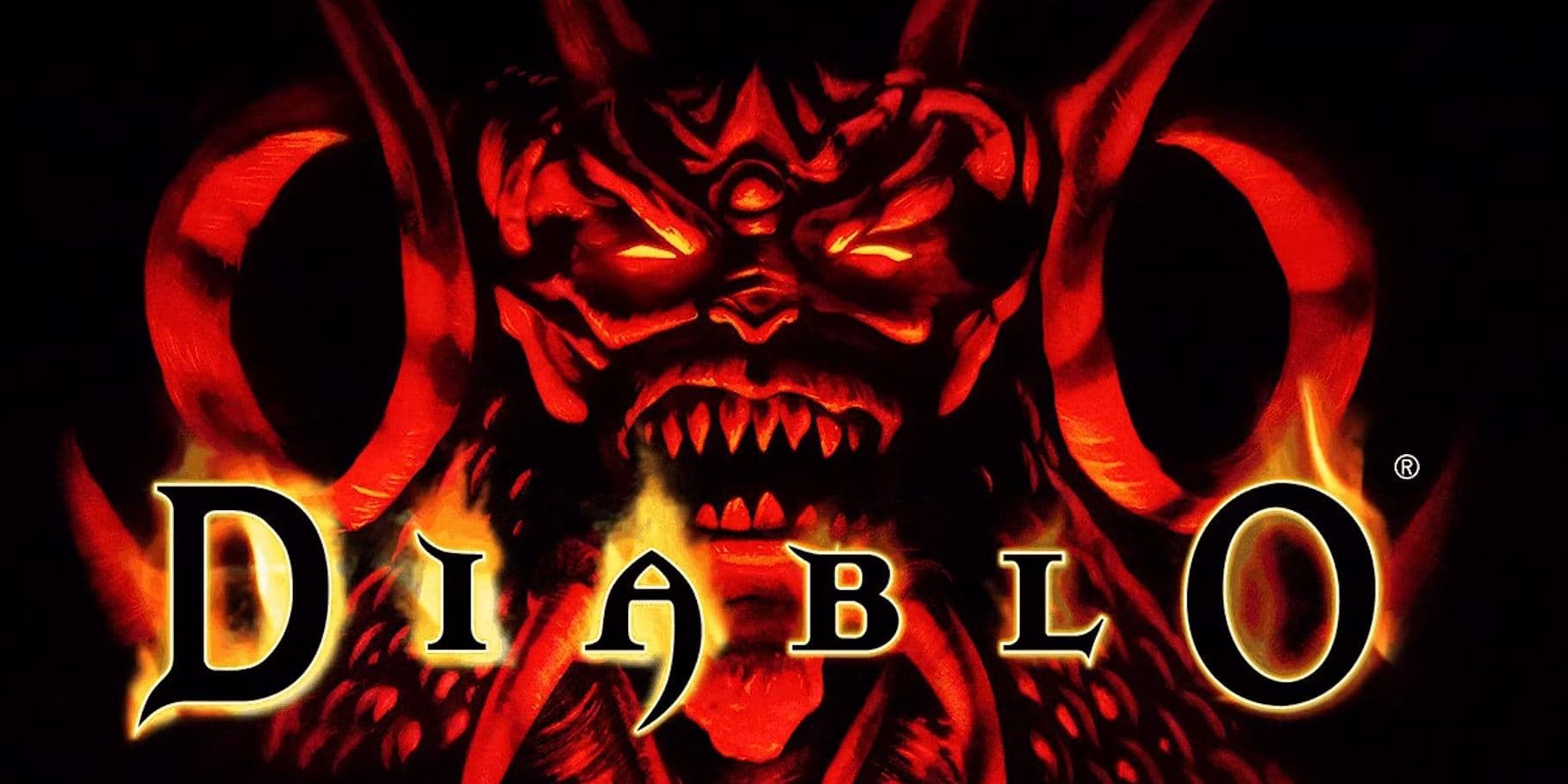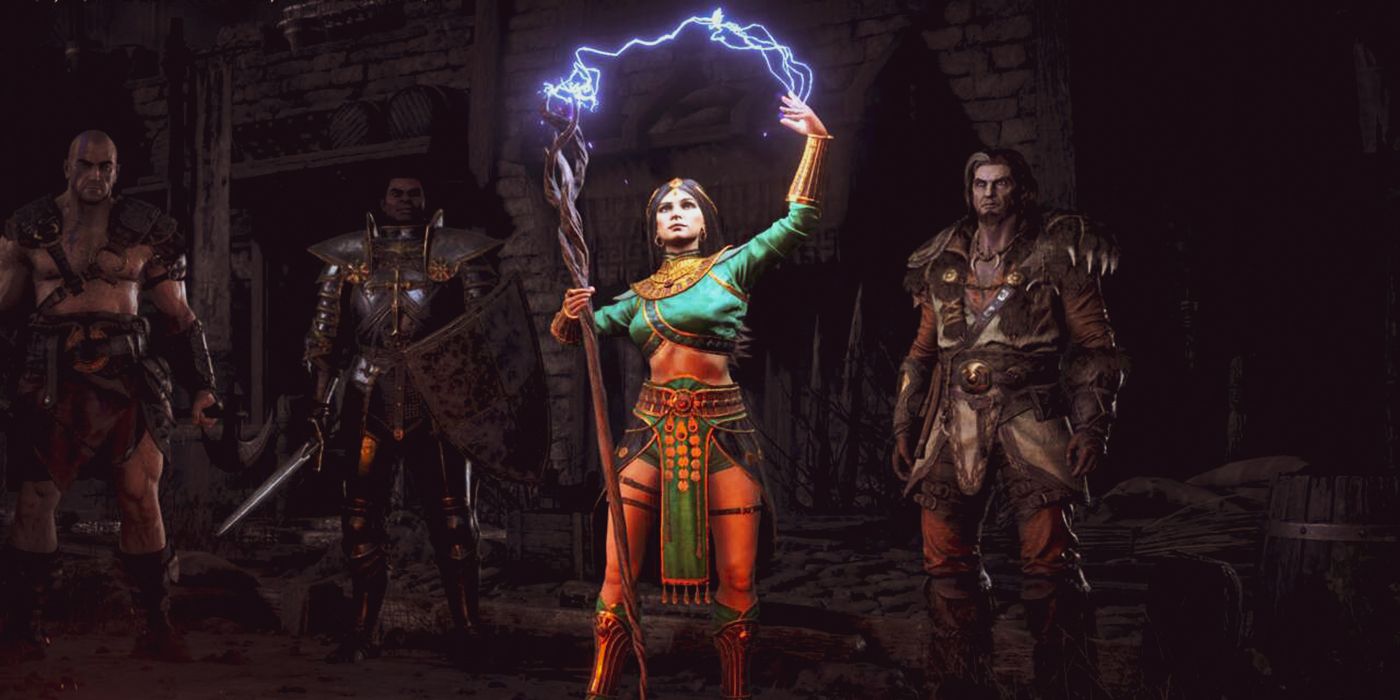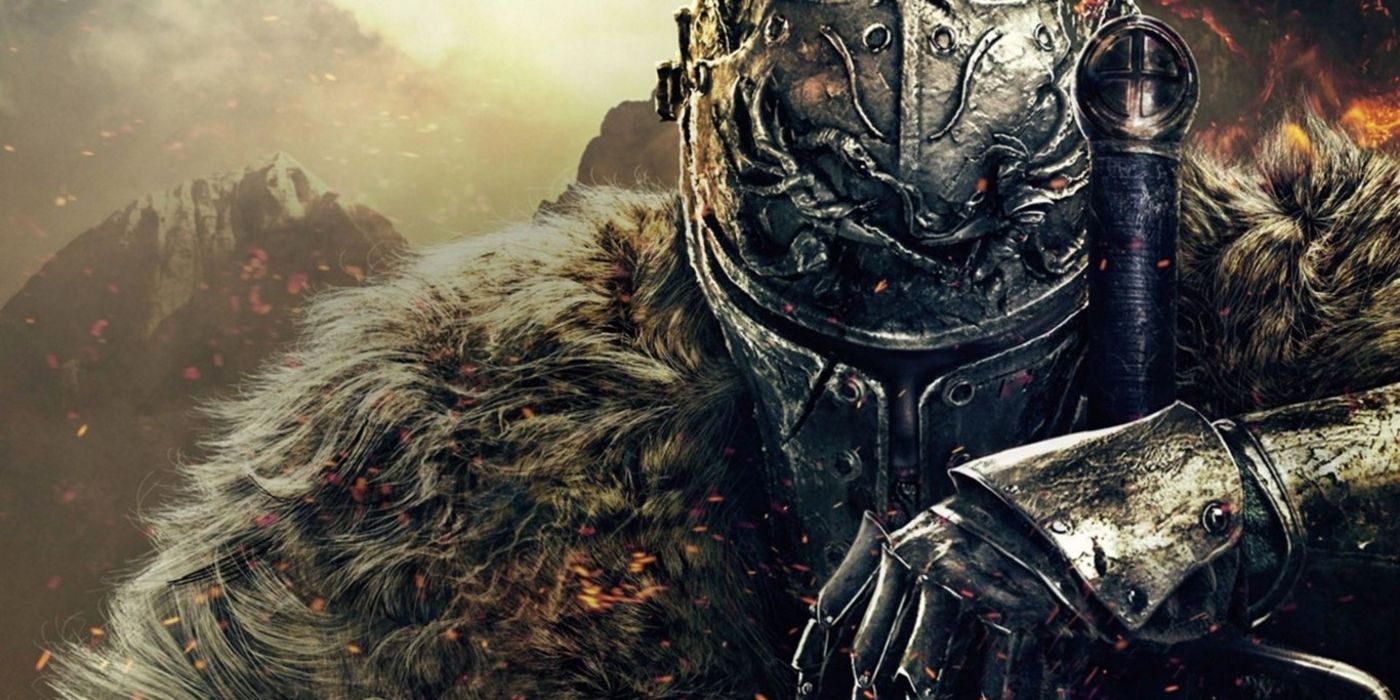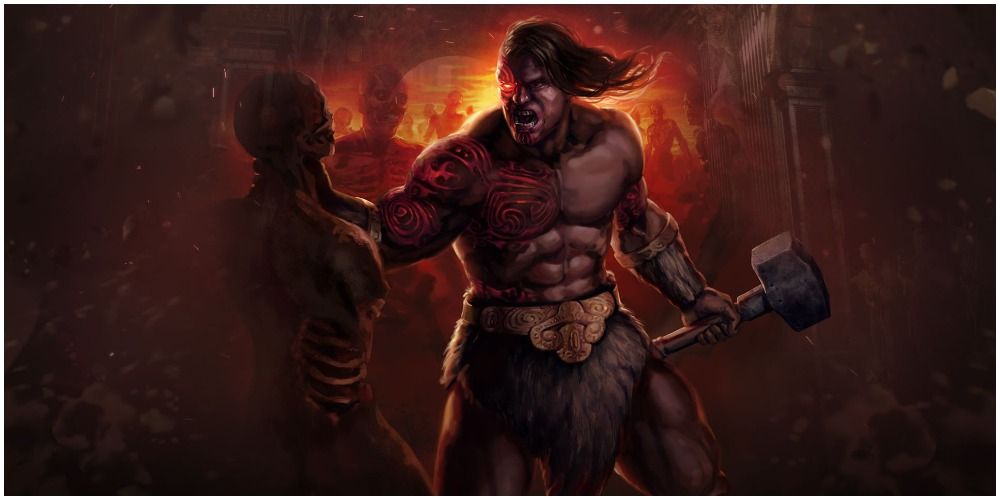Diablo is one of the most iconic franchises in gaming's long history. Many players have fond memories of diving deep into dark dungeons and dealing death to its denizens across the series' lifespan. Its lore has expanded with each game and spin-off media into a sprawling story of war between the forces of good, evil, and the things in between. Fans of Diablo are likely to have picked up on some of its parallels with another dark fantasy franchise, Dark Souls.
The similarities between the two are fairly numerous: dark and foreboding atmospheres, deep lore that expands past a single playthrough, and a capacity for over-the-top difficulty. Diablo and Dark Souls have something else in common, a lasting impact on other games to the point of creating their own subgenres. Diablo has inspired many other games in the isometric ARPG genre, one that is notably coming full circle to impact Diablo itself is Path of Exile. With Diablo 4 and Elden Ring (a game from the same developer of Dark Souls) sitting as two of the most anticipated titles of the near future, it's worth taking the time to examine the strong parallels between the two.
Skin-Deep Similarities Between Diablo and Dark Souls
Despite very different approaches to many aspects of gameplay, Diablo and Dark Souls definitely share very similar aesthetics. Shadowed and cramped corridors are filled with grotesque monsters waiting to eliminate players who don increasingly elaborate armor and gear, inspired largely by European history and mythology. The overall tone of the game worlds are both bleak and filled with bright flashes of magic and other supernatural powers. Both Dark Souls and Diablo are filled with unique monsters that players have remembered for years after having defeated them. The games also share a common thread in how each injects lore into the game, slowly and piecemeal.
Dark Souls, and other From Software games like Sekiro and Bloodborne, are partly known for each game's ambiguous approach to storytelling. There is a simple enough base narrative, but the actual "what's going on" of its stories are a nebulous web of hints and pieces of information spread throughout each game. Diablo, while offering a greater degree of clarity in its storytelling, also requires players to dig deep through its levels on multiple playthroughs searching for journals for the full story.
Even veteran Diablo fans might not know everything about characters as pivotal as its bosses, like Mephisto or Baal. This approach to revealing the full backstory of each franchise's narratives are part of what keep players running playthrough after playthrough in Diablo and Dark Souls games.
The Broad Impact of Diablo and Dark Souls
Mechanically one of the biggest parallels between Diablo and Dark Souls are the two series' propensities towards challenging difficulty. Dark Souls is well known for punishing players from the get-go, but Diablo's endgame revolves around constantly cranking up difficulty; to the point where one wrong step or missed ability cooldown can spell certain death for even the most well-tuned build. In general, both Dark Souls and Diablo rank among some of the most hardcore gameplay experiences. That tendency towards difficulty and emphasizing player skill are large parts of why the two games have inspired so many games in the subgenres they essentially spawned.
Most players are familiar with the term "Soulslike" at this point; games that adapt the formula of brutal difficulty alongside mechanics similar to the bonfires in Dark Souls, where players may recuperate and level up at the expense of respawning enemies. Diablo had much the same effect when it initially released.
While not the first isometric ARPG, Diablo's specific formula of increasing difficulty, and an almost constant stream of new abilities and new loot, have had a profound impact on the RPG genre as a whole. Even games that weren't isometric RPGs still pay homage, like the original Borderlands being billed as "Diablo with guns." Even playing the original Diablo now, it's easy to see where games like Torchlight and Path of Exile have drawn a bulk of inspiration from.
At this point decades after the original Diablo, almost every game with an isometric camera angle and emphasis on action draws immediate comparison to Diablo. Even games with largely different mechanics are still wearing Diablo influence on its sleeves. Hades was one of the most critically acclaimed games of 2020, and its mix of Roguelite mechanics blended with fast-paced movement and hack n' slash combat, is especially reminiscent of Diablo 3. While they reset on each escape attempt, the various boons and upgrades that players acquire in Hades all bear similarities to the ability-modifying runes from Diablo 3 in the way they augment standard attacks.
The most obviously Diablo-inspired title that's become very popular is Path of Exile. While it's worth noting that the game was designed by some of the developers that worked on Diablo, the amount of ideology that carried over is clear. Even in its newest season, Path of Exile still mirrors a lot of the thematic elements popularized by Diablo.
Dark fantasy has many outlets like Warhammer, but Diablo created a unique feel that is simultaneously very much its own, and also clearly a Blizzard game. Silly events like stumbling into a pocket dimension filled entirely with teddy bears and unicorns to slaughter are a very Blizzard way to punctuate an otherwise oppressively foreboding atmosphere.
Overall the impact that Diablo has had on the genre as a whole is undeniable. Games often seek to emulate its formula and tone, and its own Diablo-like genre spawned in the same way that Dark Souls has for more traditional action RPGs years later. The tantalizing trickle of new loot and abilities, to the hours that can be spent min-maxing every detail of a new build, Diablo has carved out a space that it very much dominates while inspiring many other games as well. As fans eagerly await every new reveal for Diablo 4, it's a perfect time for those fans to look back at the legacy that it is stepping into. Diablo has inspired the games that are now its biggest competitors.
Diablo 4 is currently in development for PC, PS4, and Xbox One.




